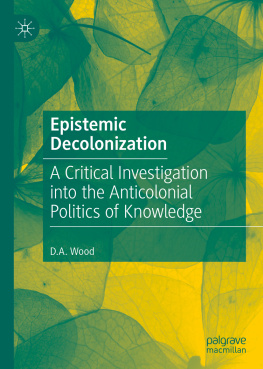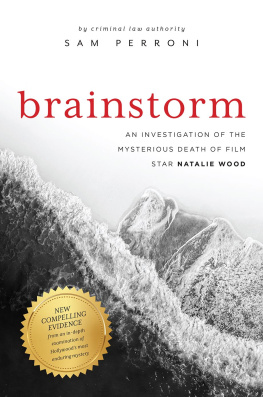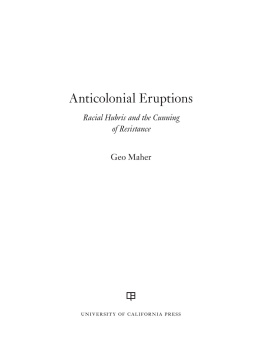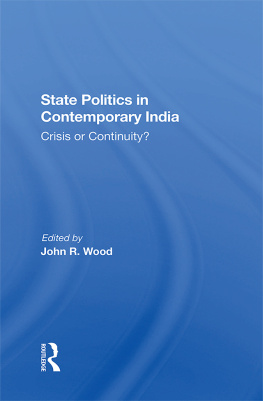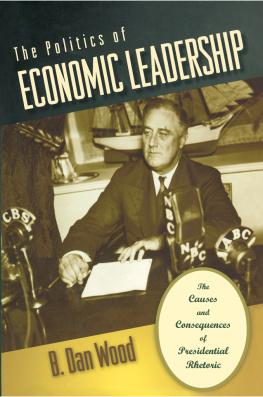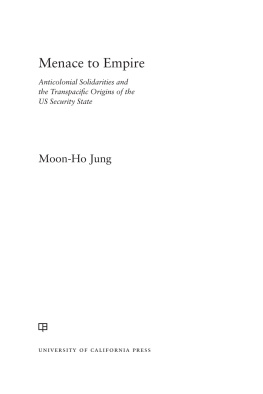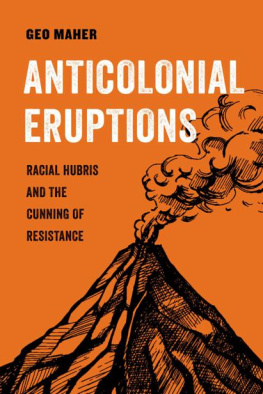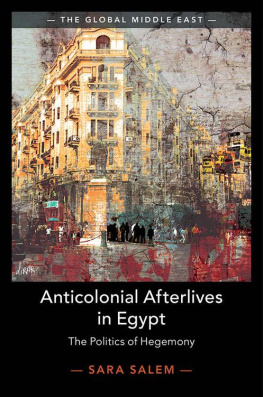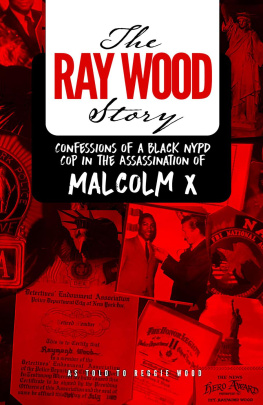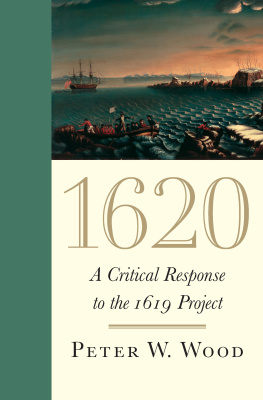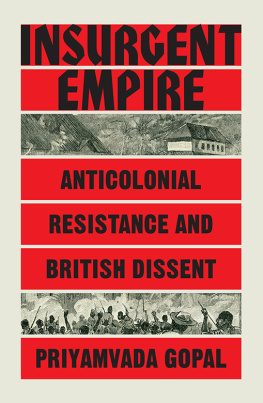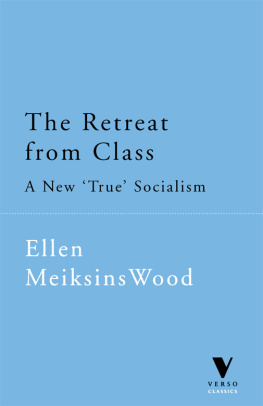D. A. Wood - A Critical Investigation into the Anticolonial Politics of Knowledge
Here you can read online D. A. Wood - A Critical Investigation into the Anticolonial Politics of Knowledge full text of the book (entire story) in english for free. Download pdf and epub, get meaning, cover and reviews about this ebook. publisher: Springer International Publishing, genre: Politics. Description of the work, (preface) as well as reviews are available. Best literature library LitArk.com created for fans of good reading and offers a wide selection of genres:
Romance novel
Science fiction
Adventure
Detective
Science
History
Home and family
Prose
Art
Politics
Computer
Non-fiction
Religion
Business
Children
Humor
Choose a favorite category and find really read worthwhile books. Enjoy immersion in the world of imagination, feel the emotions of the characters or learn something new for yourself, make an fascinating discovery.
A Critical Investigation into the Anticolonial Politics of Knowledge: summary, description and annotation
We offer to read an annotation, description, summary or preface (depends on what the author of the book "A Critical Investigation into the Anticolonial Politics of Knowledge" wrote himself). If you haven't found the necessary information about the book — write in the comments, we will try to find it.
D. A. Wood: author's other books
Who wrote A Critical Investigation into the Anticolonial Politics of Knowledge? Find out the surname, the name of the author of the book and a list of all author's works by series.
A Critical Investigation into the Anticolonial Politics of Knowledge — read online for free the complete book (whole text) full work
Below is the text of the book, divided by pages. System saving the place of the last page read, allows you to conveniently read the book "A Critical Investigation into the Anticolonial Politics of Knowledge" online for free, without having to search again every time where you left off. Put a bookmark, and you can go to the page where you finished reading at any time.
Font size:
Interval:
Bookmark:
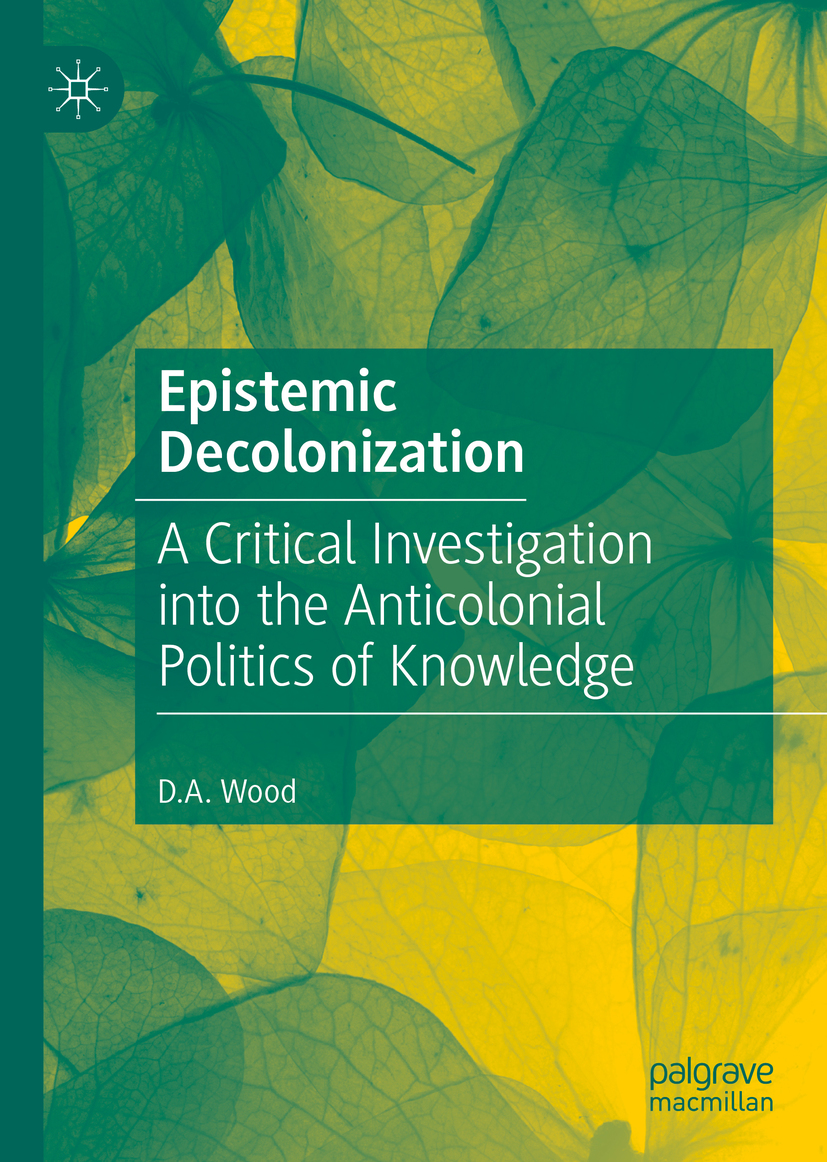

Credit: Maram_shutterstock.com
This Palgrave Macmillan imprint is published by the registered company Springer Nature Switzerland AG.
The registered company address is: Gewerbestrasse 11, 6330 Cham, Switzerland
For Claire
This book is the result of over eight years of research, travel, workshops, false starts, indelibly frank conversations, revisions, and love. The end result would not have been possible without the constant support, patience, and generosity of so many friends, family members, mentors, and colleagues, not all of whom I can mention here. For everyone who had a hand in shaping and supporting this work, I offer my sincerest gratitude.
To my parents, without whom I would not have been able to pursue those intellectual endeavors about which I am most passionate.
To my spouse and friend, Claire, who has supported me in every respect since we met.
To Zack Hugo, for being an incomparable, constant friend and for always challenging me to grow both philosophically and personally.
To Yannik Thiem, who helped to guide my teaching and research during my time at Villanova in innumerable, selfless ways.
To Reiland Rabaka, whose work has inspired my own, whose generosity and kindness have been unparalleled, and whose words of wisdom and encouragement have always been timely.
To Gabriel Rockhill, for his critical eye and practical guidance on earlier versions of this book and throughout my studies.
To Olukunle Owolabi and Nelson Maldonado-Torres, for generously allowing me to audit their graduate courses and for challenging me intellectually.
To those at the summer school Decolonizing Knowledge and Power in Barcelona for all of their support and suggestions.
To all of my friends and colleagues whose comments, criticisms, and advice helped to shape this book.
A version of Chap. was published as Descolonizar el conocimiento: una mise en place epistemogrfica. Tabubla Rasa: Revista de Humanidades Numero 27 (Diciembre, 2017): 301337.
A version of Chap. was published as Immanence, Nonbeing, and Truth in the Work of Fanon. CLR James Journal 23: 12 (Fall, 2017): 21144.
teaches philosophy at Dillard University and works as a patient care technician at Ochsner Hospital in New Orleans. He is the editor and translator of Cabrals Resistance and Decolonization and has published and presented internationally on social and political philosophy. After finishing a Masters in Theological Studies at Loyola University Chicago, he completed his Masters and PhD in Philosophy at Villanova University.
Taken as a whole, European colonization has transformed the political, legal, social, gendered, economic, environmental, and cultural dimensions of the world more than any other set of historical processes in the past half-millennium. Whereas in 1800 Europe and its colonies covered around 55 per cent of the globe, in 1878 they covered 67 per cent and in 1914 84 per cent. Laws, customs, racial geographies, ecologies, desires, and political borders around the world harbor their own colonial histories. In some cases, these realities serve as signs of successful resistance to past forms of conquest and domination. At other times, they endure as scarsreminders of wounds that have never fully healed and which remain tender, or, even worse, which threaten to reopen. Due to modern colonialisms vastness and deep entrenchment in so many different spheres, it is hard to imagine anyone currently living whose existence has not been affected or shaped by it in one way or another. Well-aware of this state of affairs, many theorists and activists have striven to better comprehend those colonial realities that have shaped and continue to structure our worldhowever hidden and ugly they might be. This book critically examines and evaluates a variety of different approaches to one such reality among others, namely, the relation between modern colonialism and knowledge.
To demonstrate the types of problems with which this book concerns itself, I begin with three short stories that have different characters and settings, yet which share some common themes. Despite the centuries that separate them, the examples below highlight episodes in which colonialism and colonialist ideology , on the one hand, and the pursuit and production of knowledge, on the other, bear upon one another. The first story concerns Francis Bacons New Atlantis, the second recounts moments from the history of the Manhattan Project , and the third pertains to contemporary biocolonialism. After recounting each story, I will note some of their shared patterns to introduce this books overarching themes.
During the lifetime of the philosopher Francis Bacon (15611626), mercantile capital had begun to generate substantial competition between rival European powers. Along with the Dutch and the French, England in the sixteenth and seventeenth centuries set out to curb Spanish colonialism through state-sanctioned privateering, smuggling, and raiding in the Americas. To these forms of extraction were added the conquest and establishment of overseas settler colonies and plantation systems in the early seventeenth century. The ensuing regular encounters between British forces and Indigenous groups resulted in the marginalization and decimation of the latter, most notably in the burgeoning Atlantic slave trade, the first voyage of which set sail from England the year after Bacons birth. Already by the middle of the seventeenth century, over one million slaves had been imported into Anglo-America.
Font size:
Interval:
Bookmark:
Similar books «A Critical Investigation into the Anticolonial Politics of Knowledge»
Look at similar books to A Critical Investigation into the Anticolonial Politics of Knowledge. We have selected literature similar in name and meaning in the hope of providing readers with more options to find new, interesting, not yet read works.
Discussion, reviews of the book A Critical Investigation into the Anticolonial Politics of Knowledge and just readers' own opinions. Leave your comments, write what you think about the work, its meaning or the main characters. Specify what exactly you liked and what you didn't like, and why you think so.

